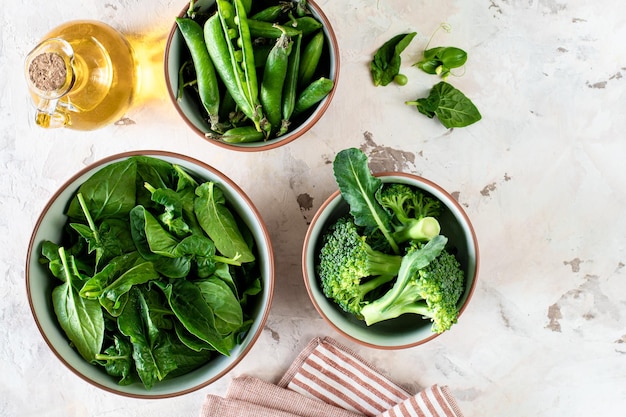
Have you tried Veganuary this year? Are you thinking about going vegan or making plant-based eating a regular habit? Dr. Gemma Newman has some helpful tips to share.
With so many diets around—low fat, high fat, low carb, high carb, vegan, paleo, keto—it’s easy to get confused. But which one actually works, and which is the best for you?
Veganuary is becoming more popular each year. In 2018, 170,000 people signed up, showing a 183 percent increase from 2017’s numbers. In 2019, more than 250,000 people took on the challenge, and the numbers have likely continued to grow.
But is a vegan diet healthy? What sets it apart from other diets we hear are good for us?
There’s a lot of confusion about nutrition, often fueled by the media, food companies, and even some health professionals. However, it’s widely accepted that eating plenty of vegetables and fruits, and focusing on whole, unprocessed foods is beneficial. It’s also important to limit processed meats, sugary treats, fizzy drinks, and refined flours.
Despite knowing what’s healthy, many people stick to their usual eating habits and say, “everything in moderation.” But moderation isn’t always the best advice. We wouldn’t tell smokers to smoke in moderation, and the same logic applies to processed meats and sugary drinks.
The World Health Organization (WHO) classifies processed meats as a class 1 carcinogen, meaning they are proven to cause cancer. No amount of moderation changes this fact. Thankfully, experts like Dr. David Katz of the American College of Lifestyle Medicine emphasize the benefits of a diet rich in vegetables, fruits, beans, nuts, seeds, whole grains, and water. Such a diet is key to maintaining health.
Both paleo and whole food, plant-based diets have commonalities that often contrast sharply with the average Western diet. Considering heart disease remains our leading cause of death, it’s worth noting that the only diet proven to reverse artery blockages is a whole food, plant-based one. This was demonstrated in studies like the Lifestyle Heart Trial published in The Lancet in 1990, and more recently in the Mount Abu Heart Trial.
Transitioning to a plant-based diet from a typical Western diet can seem daunting. However, you can start small. For instance, you can adapt favorite meals by using plant-based ingredients—turn a chicken curry into a chickpea curry, or a beef Bolognese into a lentil Bolognese. Starting with breakfast, you can gradually make plant-based choices, eventually transforming two to three meals a week, and then more frequently.
A complete switch to a whole food, plant-based diet can show benefits in about two to three weeks. But remember, your gut may take some time to adjust, which can initially cause some bloating or gas.
Both the American and British Dietetic Associations agree that well-planned plant-based diets can support health at all life stages and help prevent diseases, particularly heart disease and cancer. These diets can also reduce risks of respiratory disorders, allergies, and recurrent infections in children.
The British Dietetic Association also highlights the role of dietitians in promoting plant-based nutrition through their Blue Dot Campaign. Given the nutrient depletion in our soils due to modern farming methods, a Western diet is often lacking in essential nutrients like magnesium, folate, and fiber. Plant-based diets, especially whole food ones, are typically more nutrient-dense.
However, those on a completely plant-based diet might need extra supplements, particularly for Vitamin B12, Vitamin D, and Omega-3 fatty acids (EPA/DHA).
Vitamin B12 support is crucial because it’s not naturally found in plants and is important for heart health and preventing deficiency. Adults generally need about 1.5mcg daily, but higher doses are often recommended for better absorption.
Vitamin D is another common deficiency, especially in areas with limited sunlight. Supplementing with at least 1000iu daily is advisable.
Lastly, Omega-3 fatty acids from algae supplements can help heart health without the contaminants often found in fish.
Incorporating superfoods like milled flaxseeds can also boost your nutrient intake and improve heart health.
Making the transition to a vegan or plant-based diet doesn’t have to be overwhelming. Start slow, experiment with new recipes, and add variety to make your journey enjoyable and sustainable.




